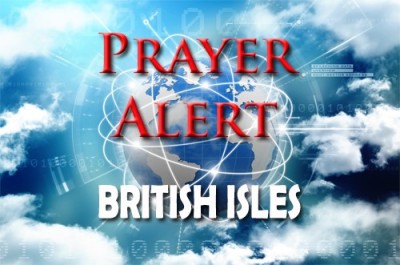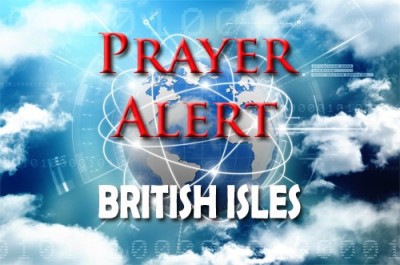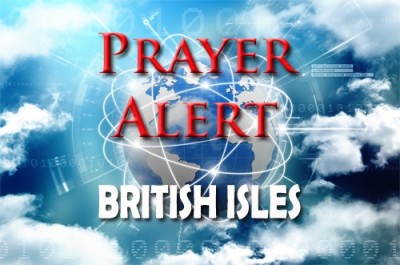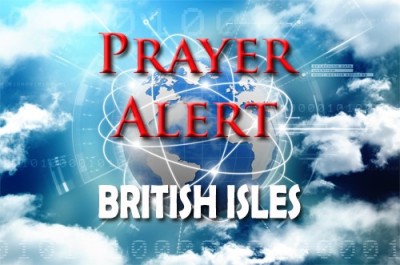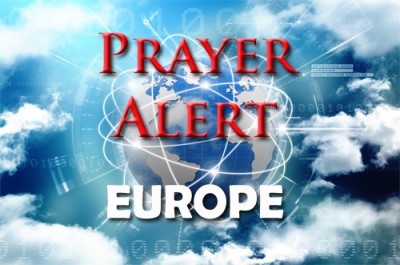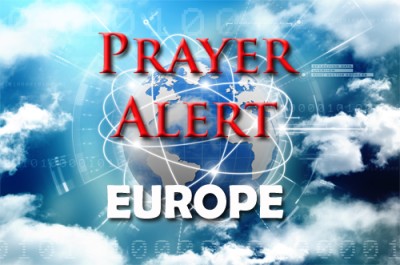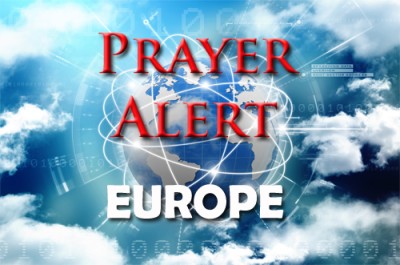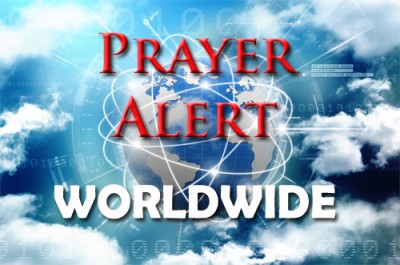The Court of Appeal has dismissed challenges against a £3 billion rescue plan for Thames Water, allowing the utility to continue operating despite severe financial difficulties. The High Court had previously sanctioned the deal, which was designed to prevent the company from running out of money. However, a group of secondary creditors and Thames Water’s parent company appealed, arguing that the plan unfairly benefited senior lenders. MP Charlie Maynard also called for the company to be placed under special administration, to protect customers. The appeal was rejected, with judges ruling that the approved restructuring should stand. Thames Water serves 16 million customers and manages over 88,000 miles of water infrastructure. The deal is an interim measure, with a long-term financial restructuring expected later this year.
A nationwide health alert has been issued in Scotland following a surge in deaths and overdoses linked to heroin laced with nitazene-type synthetic opioids, known as ‘Frankenstein’ drugs. Nitazenes are up to 500 times stronger than heroin, with no safe way to use them. Overdoses have been sudden and severe, often requiring multiple doses of naloxone to reverse effects. Public Health Scotland (PHS) has warned that the unregulated drug market remains highly toxic and unpredictable. Authorities are advising people not to use the drugs alone, avoid mixing substances, recognise overdose signs, and carry naloxone. As Scotland faces a worsening drug crisis, prayers are needed for protection, recovery, and wisdom for those working to combat addiction and save lives.
Former prime minister Theresa May has criticised Kemi Badenoch’s claim that achieving net zero by 2050 is impossible. Badenoch, the new Tory leader, argued that current environmental policies raise energy costs while failing to protect nature, suggesting the UK should rethink its approach. May said that net zero is challenging but achievable, and warned that delaying action would harm future generations and increase economic and social costs. Former Tory environment minister Chris Skidmore criticised Badenoch’s shifting stance, pointing out her past support for net zero policies as business and trade secretary. Business leaders, including the CBI, also voiced concerns, warning that retreating from net zero could damage economic growth and investor confidence. Environmental groups and opposition politicians condemned Badenoch’s remarks, arguing that fossil fuel dependency threatens both the economy and living standards. Badenoch insists she is not rejecting climate change science but believes net zero is unattainable under current policies.
Over 3,500 churches shut in the last decade
20 Mar 2025More than 3,500 churches have closed across the UK in the past ten years, with falling attendance and rising repair costs cited as major factors. The National Churches Trust estimates that between 3,000 and 5,000 parish churches are either closed or rarely used, often lacking a resident vicar. While many church buildings have become derelict, others have been converted into mosques, gyms, restaurants, and entertainment venues. The CofE reports closing around 20 churches a year; some are put up for sale or lease. Meanwhile, church attendance continues to decline, with Sunday worshippers dropping from 788,000 to 557,000 since 2013. Census data also show the number of people identifying as Christian falling from 59% in 2011 to 46% in 2021, while atheism and Islam saw increases. Editor: We give thanks for the sparks of revival reported last week. See
Ukraine: Putin agrees to a partial ceasefire
20 Mar 2025Vladimir Putin has agreed to a thirty-day pause in strikes on Ukraine’s energy infrastructure following a phone call with Donald Trump. The two leaders spoke for 90 minutes as the Trump administration works toward ending the conflict that began with Russia’s 2022 invasion of Ukraine. However, Putin refused the broader ceasefire which the USA has proposed. Volodymyr Zelensky welcomed the energy-targeting pause but insisted that Ukraine should be involved in future negotiations. Putin also demanded a halt to Western military aid and intelligence-sharing with Ukraine before agreeing to any long-term deal. Zelensky rejected this, calling it an attempt to weaken Ukraine. The White House announced that peace negotiations would begin in the Middle East, with talks including a potential Black Sea ceasefire; Putin has agreed to further discussions on these terms. One immediate result of the phone call has been a major exchange of prisoners: see
Turkey: key opposition leader arrested
20 Mar 2025The mayor of Istanbul, Ekrem Imamoglu, a key opposition leader, has been arrested days before he was to be selected as a presidential candidate. Along with 100 others, he has been charged with corruption and aiding a terrorist group. The arrest comes as part of a major crackdown nationwide in recent months, targeting opposition politicians, municipalities, journalists and figures in the entertainment industry. It has triggered nationwide protests, with police using force to disperse crowds. The government has imposed four days of restrictions in Istanbul, banning public gatherings and limiting internet access. The opposition sees this as a politically motivated move to weaken Imamoglu’s challenge to president Recep Erdogan, whose party was recently defeated in elections in Istanbul and Ankara. The government denies interference, insisting on judicial independence. Imamoglu has faced other challenges, including the annulment of his university degree, which would disqualify him from running. The international community has condemned the arrest, warning of Turkey’s increasing authoritarianism.
North Macedonia is in mourning after a devastating nightclub fire in Kočani killed 59 people, most of them young. As grief turns to anger, thousands have taken to the streets demanding justice and an end to corruption. The nightclub, Pulse, was found to have been operating illegally with an invalid licence obtained through bribery. Safety violations, including a lack of fire exits, an inflammable ceiling, and no fire alarm, contributed to the disaster; there might have been 1,500 in the venue, which had an official capacity of 250. Many victims perished in the crush as they tried to escape. Authorities have detained twenty individuals, including a former economy minister and state officials. The government has declared seven days of mourning, while protests continue across the country, pressuring officials to address corruption. Prime minister Hristijan Mickoski vowed swift justice, calling the situation ‘shocking’. Continuing protests are putting further pressure on the government to stop the corruption which has now cost the 1.8-million strong nation so many young lives.
Israel has launched a ‘limited ground operation’ to retake the Netzarim corridor in Gaza, escalating the conflict after the ceasefire agreement with Hamas collapsed. The corridor, previously used by Israeli forces, had been vacated as part of the truce. Meanwhile, a Bulgarian UN worker has been killed, and five others, including a British man, were wounded in a strike on a UN guesthouse in Gaza. Israel denies responsibility, saying that an initial investigation found ‘no connection’ between the strike and the Israel Defence Forces (IDF). The UN has condemned the attack on its personnel. The Gaza health ministry says that at least 436 people have been killed since Israel launched the fresh wave of airstrikes, though Israel disputes the accuracy of those figures, maintaining that it targets militants, not civilians.
